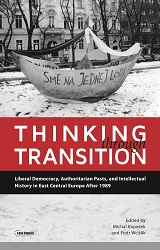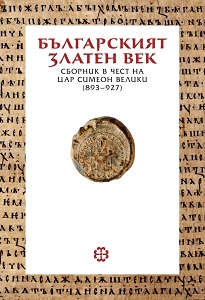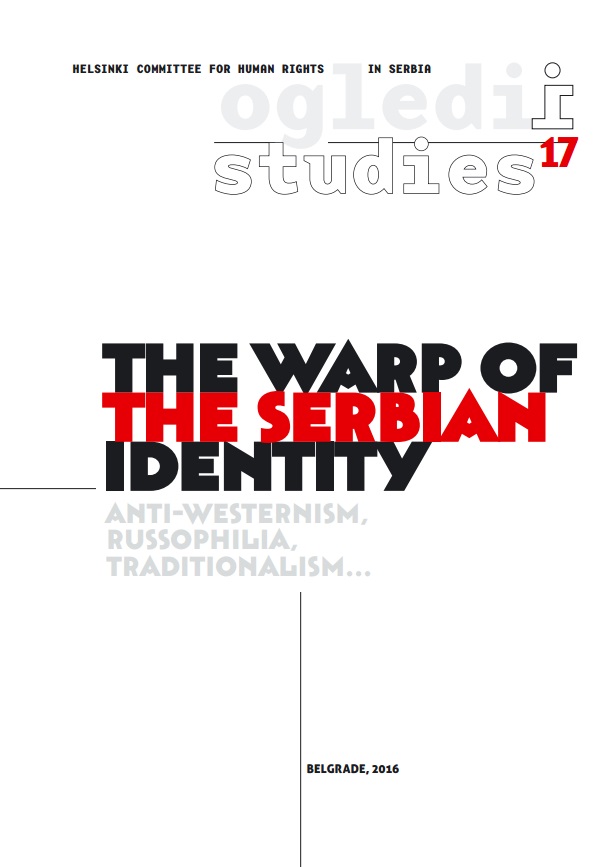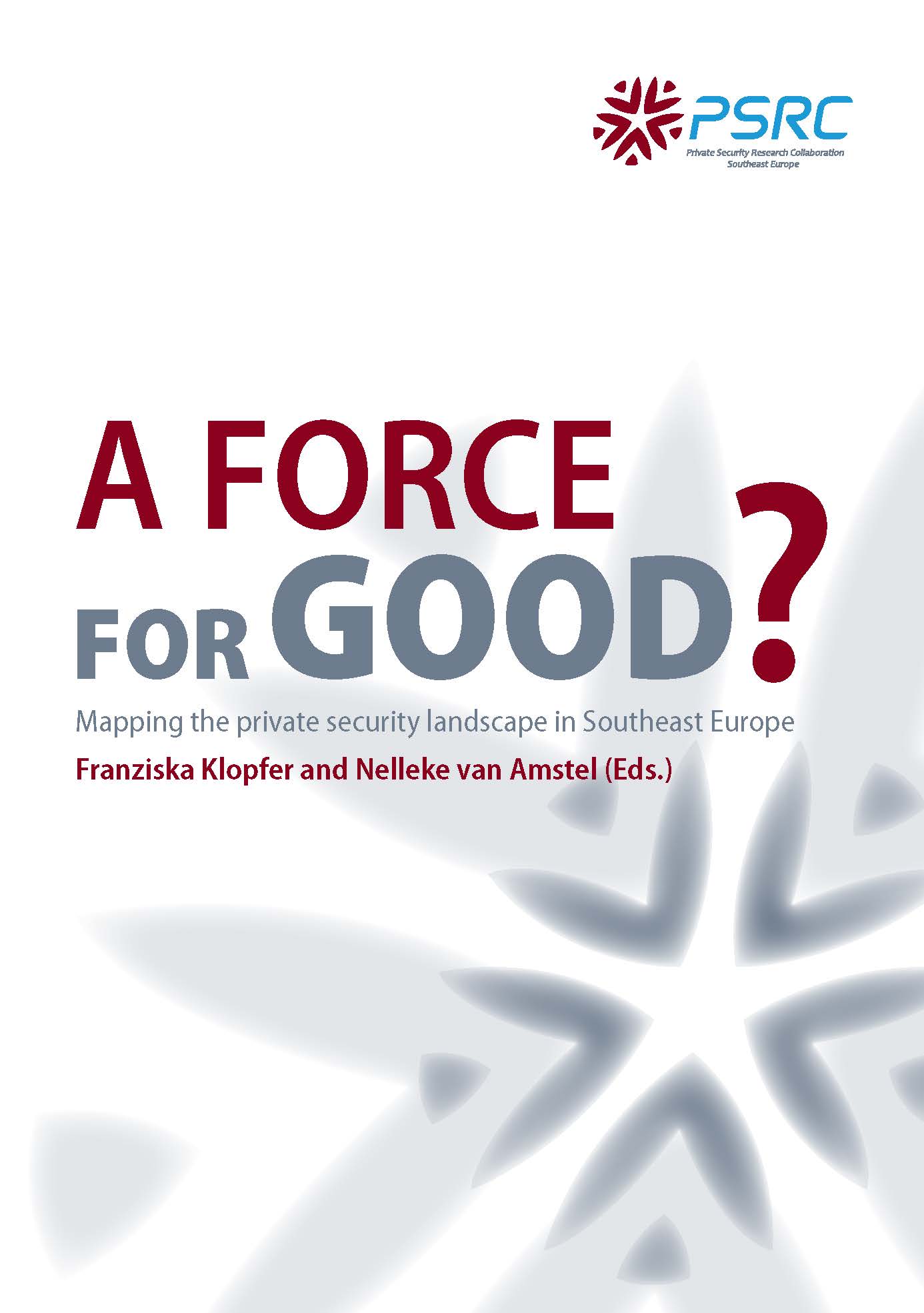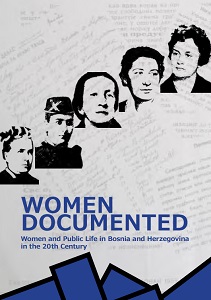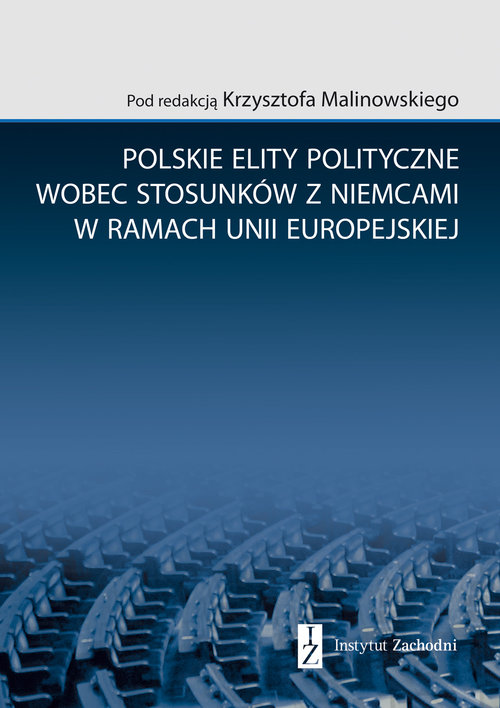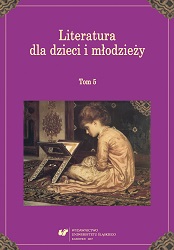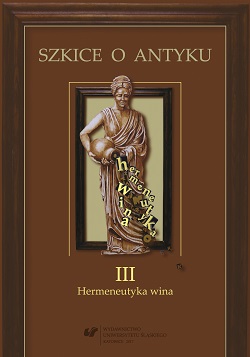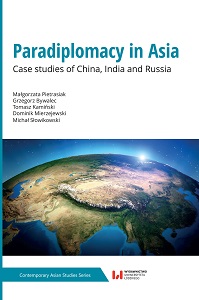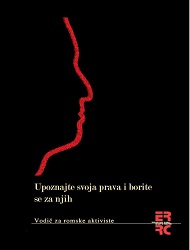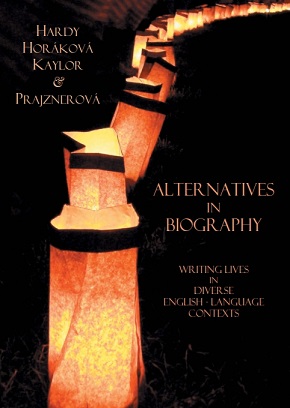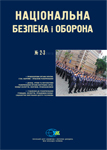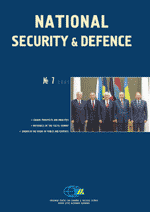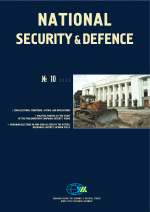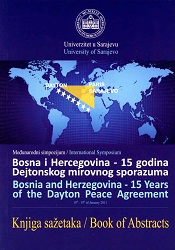
Bosnia and Herzegovina - 15 Years of Dayton Peace Agreement. International Symposium – Book of Abstracts
Bosna i Hercegovina - 15 Godina Dejtonskog Mirovnog Sporazuma. Medunarodni Simpozijum – Knjiga Sazetaka
Keywords: Dayton Peace Agreement; transition; BiH Constitution; constitutional reform; BiH political system; political-territorial organisation of BiH;
By producing his most important work "L'Esprit des lois", Montesquieu showed th at the strength of a law is in the spirit that it carries. It is of decisive importance that the law is not simply a mechanistic sum of various influences that have been gathered in one place, but that it combines historical conditions making it consistent. And then the law makes sense and only within the context of realm of reality, set in such manner, it is enforceable. The law, which would be immediately taking over the text of a 'legal science's modern state' does not seem to make sense, as equally as the composition which would be composed on the principles of aesthetics and art theory, and that would not have contained the creative impulse of the spirit of freedom. The Dayton agreement is not the law, but it represents a kind of legal document which has been derived from a certain political will. In this sense, its topicalising can not be primarily based on positive law's issues. Discussing the Dayton agreement as the legal act, unless it has been fully understood in the context of positive law, debate, on these grounds, must remain ineffective an d may not rep resen t the basis of perspective construction of Bosnia and Herzegovina as an orderly society in the state form. As an agreement th a t stopped a war, this document is more a political ac t representing a form of political agreement or a compromise that aims, above all, at the giving of a possibility for creating new perspectives of Bosnian society, which no longer should be based on conflict and violent forms of resolving political issues.
More...
